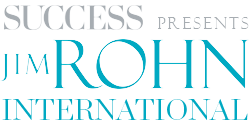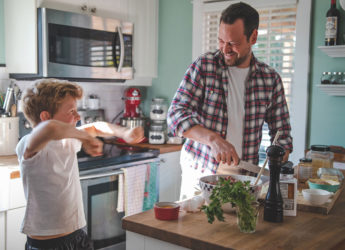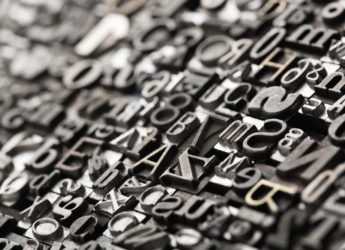
George Leonard, in his book Mastery, talks about “enjoying the plateau.” This is an important point. So often, we find ourselves racing to get ahead, thinking so much about our next achievement that we can’t appreciate the time in between. We find ourselves losing our motivation.
Happiness is not in the getting; happiness is in the becoming. Happiness is a universal quest. Happiness is a joy that comes as a result of positive activity. It has a wide variety of meanings, a wide variety of interpretations. Happiness is both the joy of discovery and the joy of knowing. It’s the result of an awareness of the full range of life. It’s opening yourself to experiences, sounds, harmonies, dreams and goals. It’s the joy that comes from designing a life that practices the fine art of living well.
Happiness is being able to explore all that life offers. Happiness is quite often found in having options—options of doing what you want to, instead of doing what you have to. The option of living where you want to, instead of living where you have to. The option of looking like you want to, instead of settling for what you have to look like.
Happiness is receiving and sharing, reaping and bestowing. Happiness is found in taking the time to enjoy what you’ve accomplished: enjoying the plateau, giving yourself credit when credit is due, patting yourself on the back for a job well done. Happiness is the here and now. Happiness isn’t the end result; happiness is part of the journey.
There’s an old saying that goes, “The road to heaven, is heaven.” The happiness that you’re searching for in the future must be found today. The success you’re after in the future will only be found by working on it today. Motivation is generated when there is a balance between the need for active achievement and the satisfaction in taking the time to acknowledge what you’ve already achieved.
Take the time to reflect while you’re enjoying your plateau. And while you’re reflecting back on your past accomplishments, think about something else. Think about the potential within you that’s still untapped. Consider the following questions during your time of reflection.
What could I have achieved in the past, had I been more diligent?
Could I have been more disciplined?
Worked smarter instead of harder?
Said no more often to social functions and community commitments?
What could I have achieved in the past, had I tried things a little different?
Only you can answer this question. It’s very personal.
While you’re reflecting and enjoying your plateau, all I’m asking is that you dig a little deeper and see if you can’t be just a bit more effective next time. Work a little smarter instead of a little harder.
How can I achieve more in the future?
If you take some time to thoughtfully answer question No. 1, you’ll probably have a clue as to what’s needed in the future.
Do you need to work more diligently? Do you need to be more disciplined? Do you need to work smarter instead of harder? Do you need to say no more often? Do you need to manage your time better?
That’s one of the keys to reflection. You can put down on paper what worked for you in the past and figure out ways to translate this information into action. You can design your future better if you can learn from your past. You can face your future with more excitement, more anticipation and more motivation when you design a future worth getting excited about. You can see your future and have it pull you forward. Just don’t forget to pat yourself on the back for what you have done so far.
Adapted from Leading an Inspired Life
Photo by All kind of people/Shutterstock.com





















